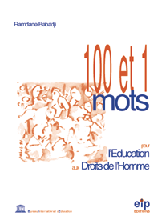

In 1950, the International Labor Organization created the Commission to examine complaints about infringement or violations of trade union rights, including freedom of association and the right to organize. It is composed of independent members designated by the Governing Body. It may be addressed by States as well as by employers’ and workers’ organizations. Complaints may be submitted against States who have ratified the Convention on Freedom of Association. When dealing with complaints against a State that has not ratified the Convention, the Commission can only examine the case if the former has given its express consent. The Commission is not a judging body, but has a role to investigate whether freedom of association is being violated and to recommend amicable solutions to the protagonists.
*See : Committee on Freedom of Association, Complaint, International Labor Organization, Submission.
